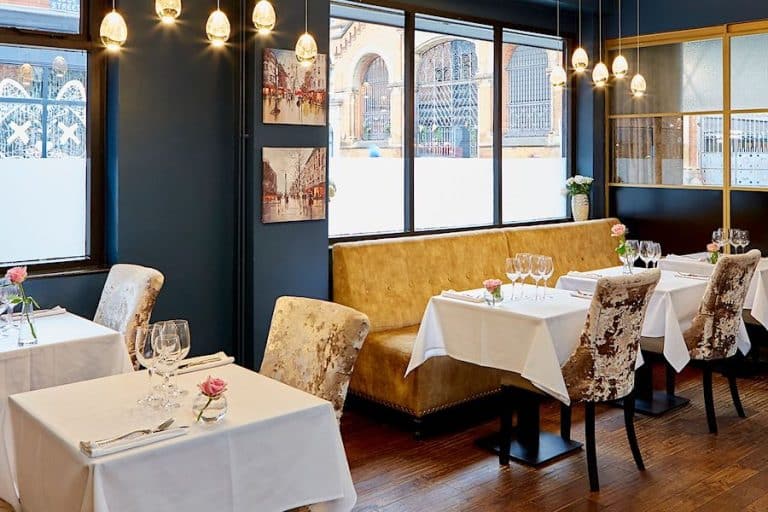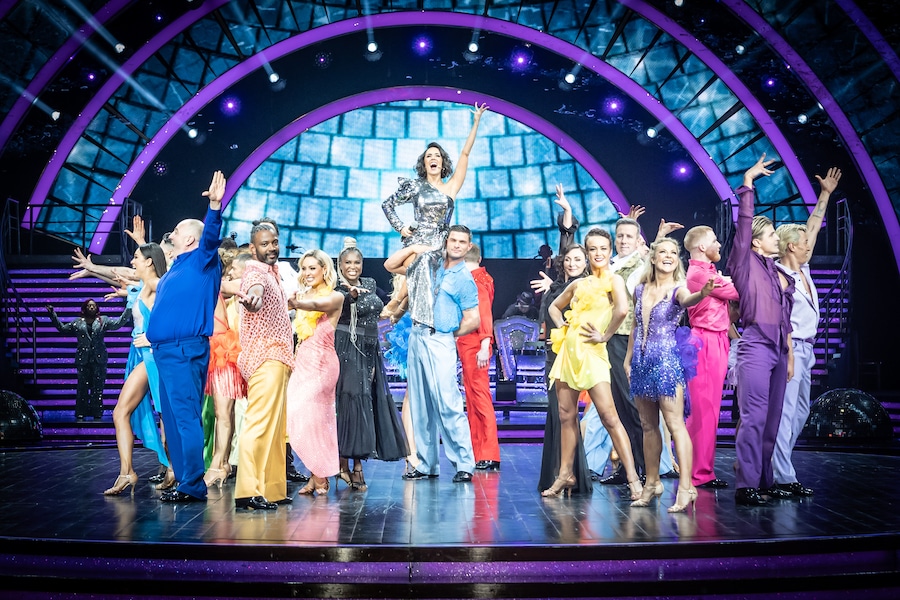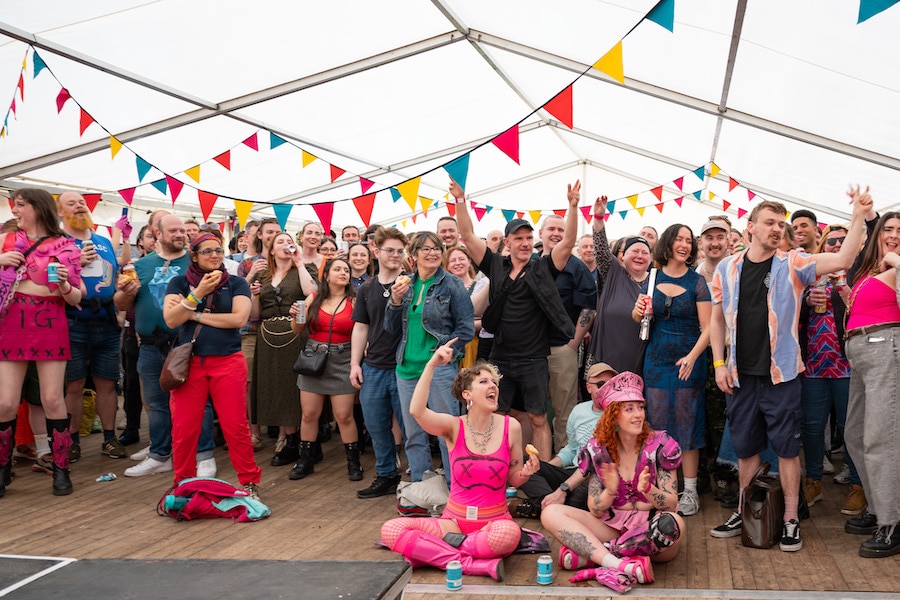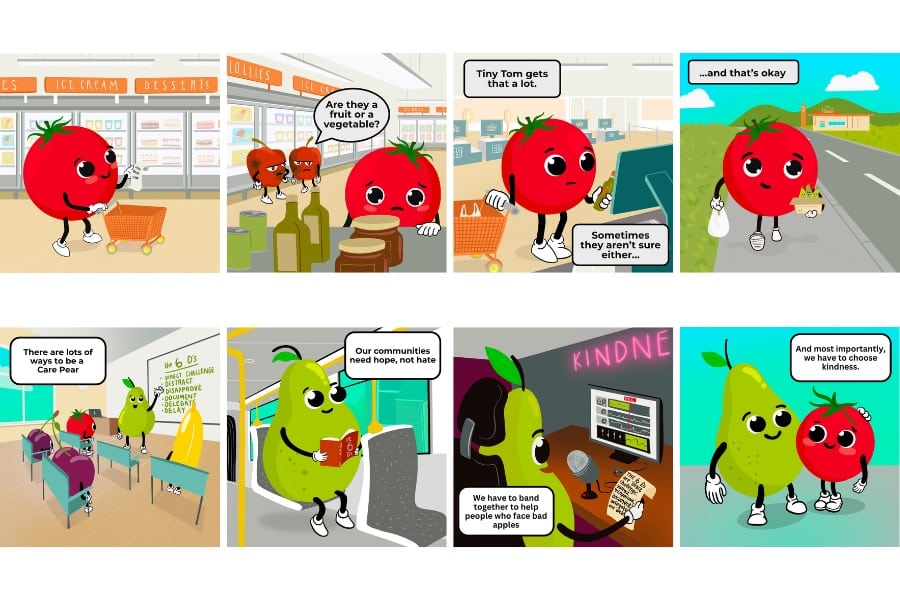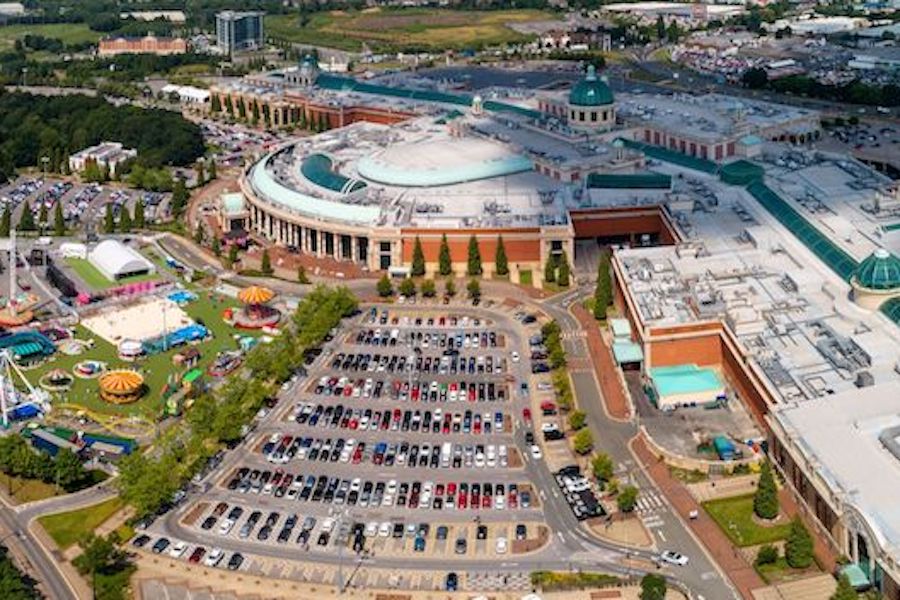City & United Raise the Bar for Football Foodies
- Written by Simon Binns
- Last updated 9 years ago
- Culture, Food & Drink
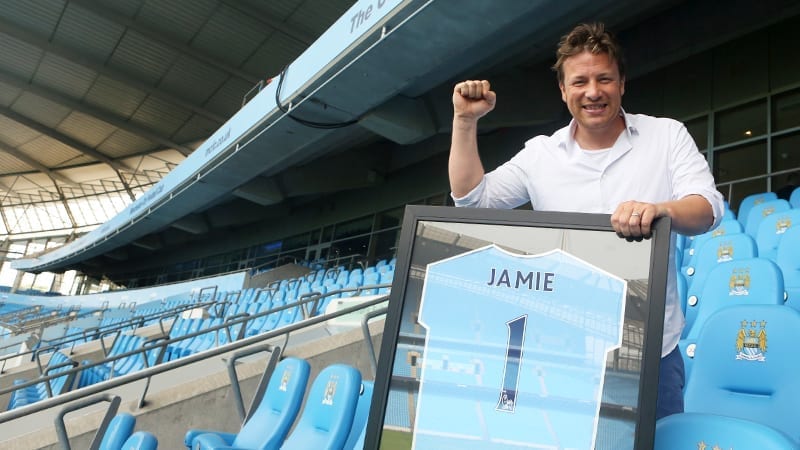
If you want to see how far food and drink has come in our fair city, you only have to look at our two major football clubs.
“it’s not just about what you do on the pitch that matters.”
In the week that Manchester City won their second league title in two years and Manchester Utd started the rebuilding process for the next chapter in their illustrious history, both clubs now understand that it’s not just about what you do on the pitch that matters.
Capturing the fan spend is an important means of growth – alongside the TV revenue and, you know, winning stuff.

Tickets and merchandise is a staple, but the way clubs are feeding fans has undergone a dramatic change in recent years.
“big name signing. Jamie Oliver.”
It’s not just enough to have ‘corporate hospitality’. The food has to be up there with the best restaurants.
Manchester City put a marker down last season with a big name signing. Jamie Oliver.

The mockney TV chef and part-time food crusader was brought in to beef up the match day hospitality catering offer at the start of this campaign, to make sure the scran was up to scratch.
That followed on from the 2010/11 signing of Marco Pierre White, recruited to knock out bespoke burgers on City Square, the club’s on-site ‘fan zone’.
On the flip side, Admiral Taverns has had The Kippax pub up for sale for a while now, as the good old pre-match boozer struggles to match the appeal of the club’s own offerings; and popular pre-match boozer The Trafford has been put up for sale despite being a stone’s throw from Old Trafford. About the same distance, in fact, as Gary Neville’s under construction Hotel Football.
Neville’s new scheme will include a branch of Café Football, which has a section of the menu called ‘terrace food’, including a beef and mushroom pie at £14.95 and a £12.95 lamb kebab.

Football fodder has gone so far upscale, Jay Rayner even reviewed Café Football in The Observer last season – and thoroughly enjoyed it.
Clubs have understood that while a game lasts 90 minutes, they shouldn’t see that as the limit of their relationship with fans on match days. Get them in before the game, soaking up the atmosphere and keep them there after for an hour or two. It’s a model that works really well on the continent – and food and drink is at the heart of that.
Matching quality with affordability will always be the challenge. The modern football fan has demands, and is used to paying a premium – but the old school mentality always niggles away if there’s an inkling you’re being openly ripped off.

I’ve been lucky enough to have experienced the full-scale corporate food and drink experience at both City and Utd. The investment and the quality seems to increase at both clubs year on year, with a competitive intensity that you’d be forgiven for thinking only comes out on the pitch, on derby day.
The last time I went to City, I was asked if I wanted a chicken pie at half time. I’d already had three courses before watching the game, but accepted anyway (I’m Northern, you don’t turn down free food).
What I was served when I returned to the table in my box at half time was a plate full of skill and artistry. Involving a modern take on the humble chicken pie. With a glass of Prosecco to help wash it down.

So whether you’re super-high-end or happier with a burger outside the ground, both options are far more focused on quality than they’ve ever been before.
Clubs always have to make sure they keep that connection with the fan, of course. In a game obsessed with money, where cash sloshes around at a level regularly out of sync with the national economy, the skill is to understand how much is too much.
But as ticket prices go up and the price of a pint on the concourse creeps up too, fans continue to eat and drink it all in.
And as City are finding out; winning stuff doesn’t hurt either.
- This article was last updated 9 years ago.
- It was first published on 15 May 2014 and is subject to be updated from time to time. Please refresh or return to see the latest version.
Did we miss something? Let us know: [email protected]
Want to be the first to receive all the latest news stories, what’s on and events from the heart of Manchester? Sign up here.
Manchester is a successful city, but many people suffer. I Love Manchester helps raise awareness and funds to help improve the lives and prospects of people across Greater Manchester – and we can’t do it without your help. So please support us with what you can so we can continue to spread the love. Thank you in advance!
An email you’ll love. Subscribe to our newsletter to get the latest news stories delivered direct to your inbox.
Got a story worth sharing?
What’s the story? We are all ears when it comes to positive news and inspiring stories. You can send story ideas to [email protected]
While we can’t guarantee to publish everything, we will always consider any enquiry or idea that promotes:
- Independent new openings
- Human interest
- Not-for-profit organisations
- Community Interest Companies (CiCs) and projects
- Charities and charitable initiatives
- Affordability and offers saving people over 20%
For anything else, don’t hesitate to get in touch with us about advertorials (from £350+VAT) and advertising opportunities: [email protected]
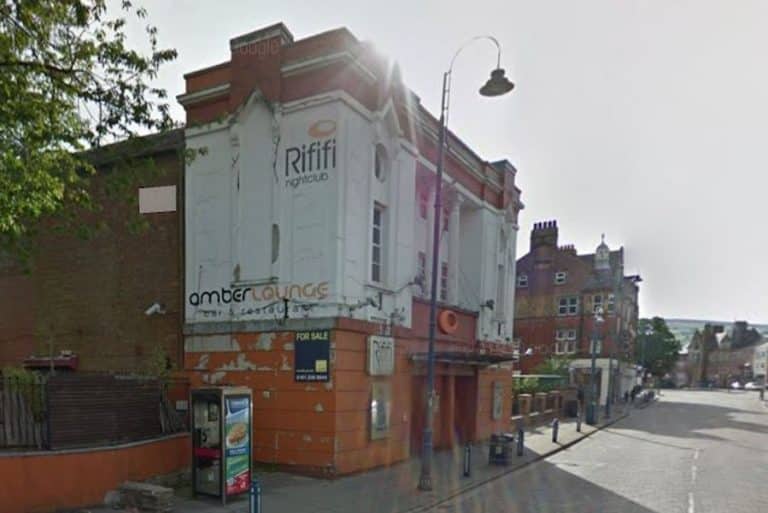
Old nightclub at the heart of ‘Staly Vegas’ could be transformed into new food hall
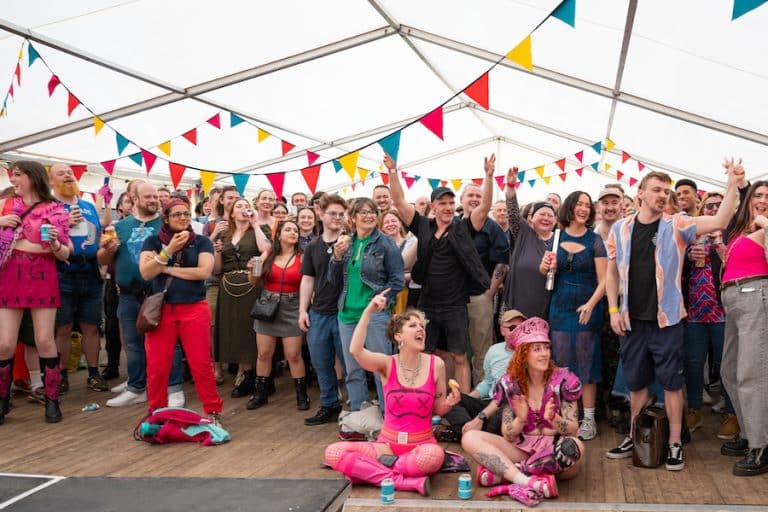
How Sounds from the Other City became the UK’s most unforgettable independent festival

The shared ownership scheme that gave Fiona the family home she always wanted

How shared ownership can get you on the property ladder in 2025
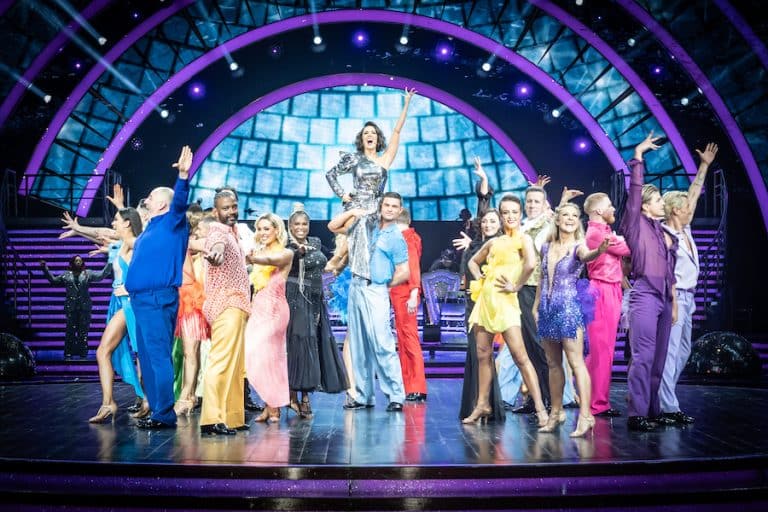
Review: Strictly Come Dancing at the AO Arena is ‘joyous, slick and strictly brilliant’
